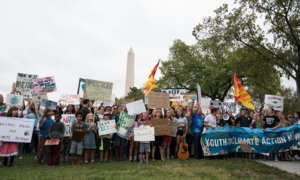article
A Lawyer's Story From the Field
A Southern Poverty Law Center lawyer relates to a student who has been suspended repeatedly from a Florida school district where the Center is challenging the discriminatory treatment of African-American children.

